|
We are on track to reach 1.5°C of global warming within 16 years, according to new data. H. Damon Matthews, Glen Peters, Myles Allen and Piers Forster explain why this is an important threshold: it will bring a rise in weather extremes like heat waves and extreme rainfall. There’s also the danger that, as the world inches closer to 2℃ warming, there’s the risk of irreversible ice sheet loss. This will drive sea levels up and wipe out
nearly all the world’s corals.
Meanwhile in Africa, while a lot of attention has been given to agriculture and how changing weather patterns will affect output, there’s not been much focus on how small and medium businesses will be hit. Kate Elizabeth Gannon and Declan Conway reveal how even small changes in rainfall will interrupt cities’ water and electricity supplies, with major consequences.
|
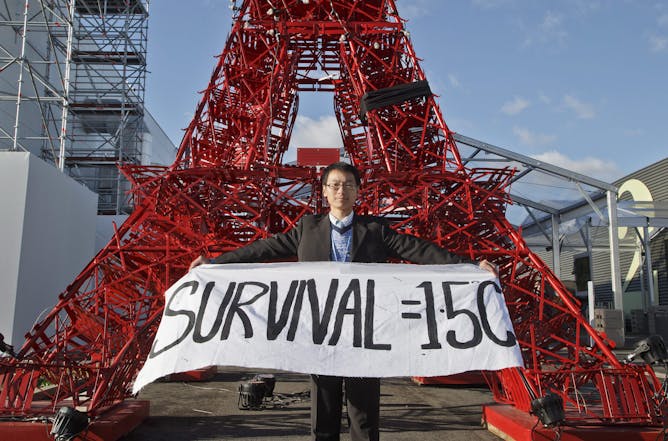
An NGO representative stands in front of a replica of the Eiffel Tower at the Paris climate change conference in December 2015.
(Michel Euler/AP Photo)
H. Damon Matthews, Concordia University; Glen Peters, Center for International Climate and Environment Research - Oslo; Myles Allen, University of Oxford; Piers Forster, University of Leeds
We are on track to reach 1.5°C of global warming within 16 years according to new data.
|
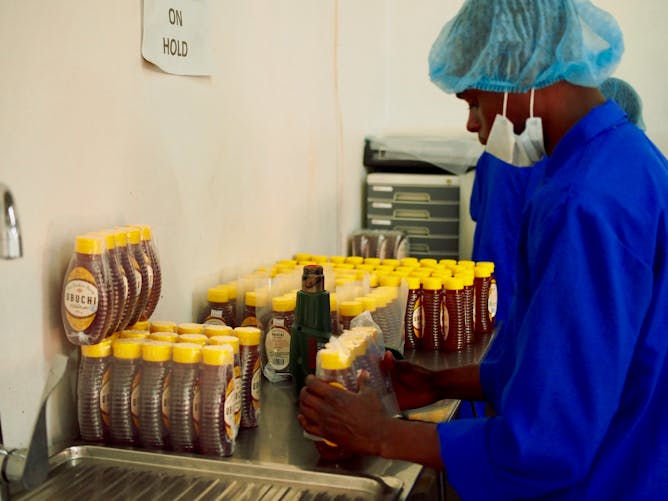
In Zambia businesses in the food processing sector, are in for a tough time.
flickr/Simon Hess
Kate Elizabeth Gannon, London School of Economics and Political Science; Declan Conway, London School of Economics and Political Science
Water and power cuts prompted by reduced rainfall and drought in Southern Africa have caused major problems for business.
|
COP24
|
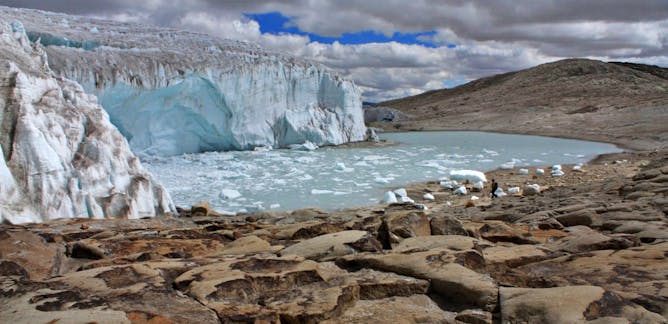
Mathias Vuille, University at Albany, State University of New York
A climate scientist has been visiting the same glacier in Peru for years and explains the complex effects its rapid melting is having.
| |
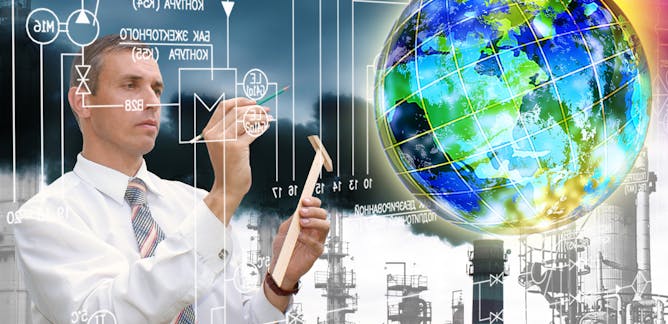
Catriona McKinnon, University of Reading
The realities of climate change look bleak, but is relying on a climate engineering project like solar radiation management the answer?
|
|
|
Environment
|
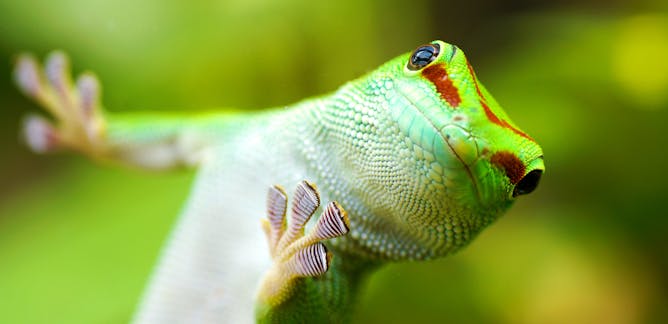
Jasmine Nirody, University of Oxford
Understanding geckos' movements could lead to better robots.
| |
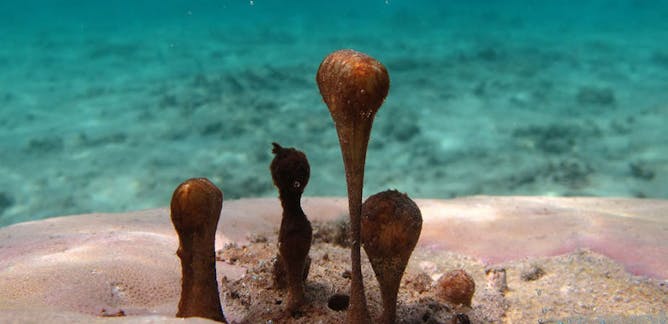
Eric Muraille, Université Libre de Bruxelles
There is an urgent need to reconsider the importance of diversity. It is not a simple wealth. It is both a property of the living and an essential condition for its survival.
|
|
|
Politics + Society
|
-
Karolina Follis, Lancaster University
We need a more nuanced approach to the world's last isolated peoples.
|
|
Science + Technology
|
-
John Bergeron, McGill University
Gene editing through CRISPR may have greater consequences than climate change or unleashing the energy of the atom.
|
|